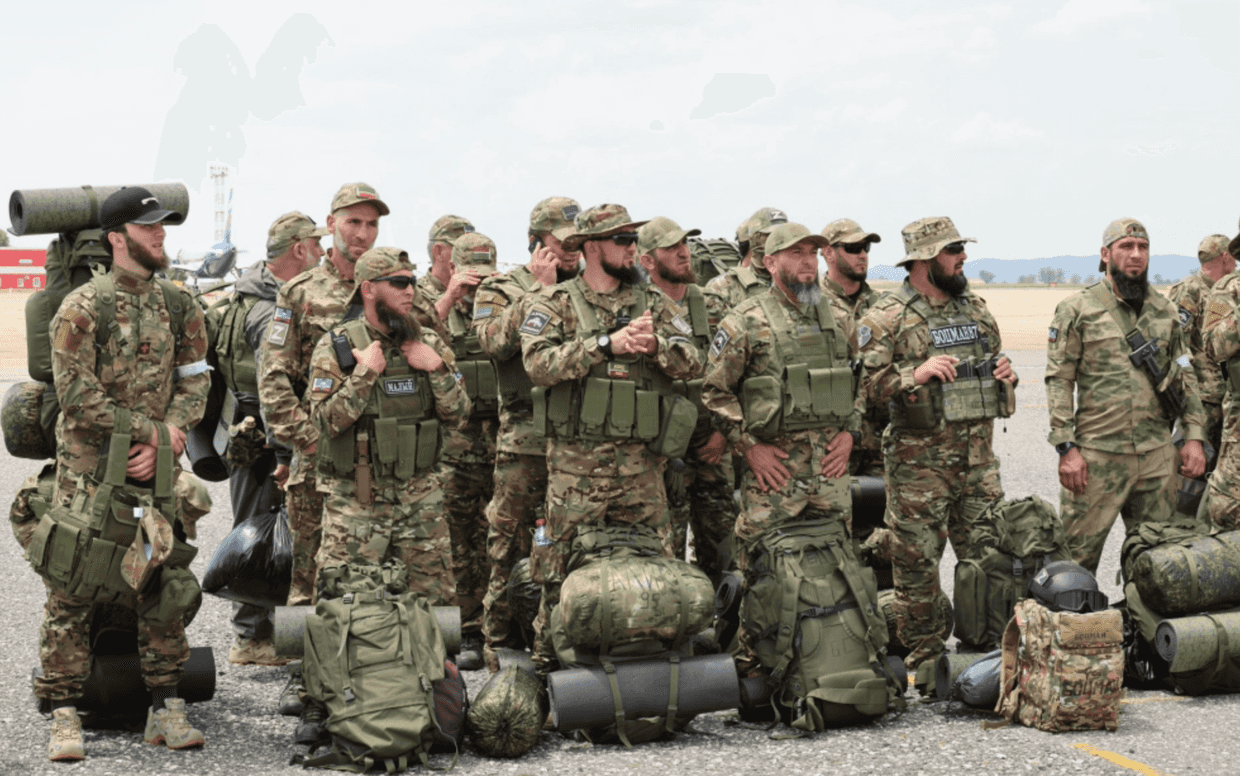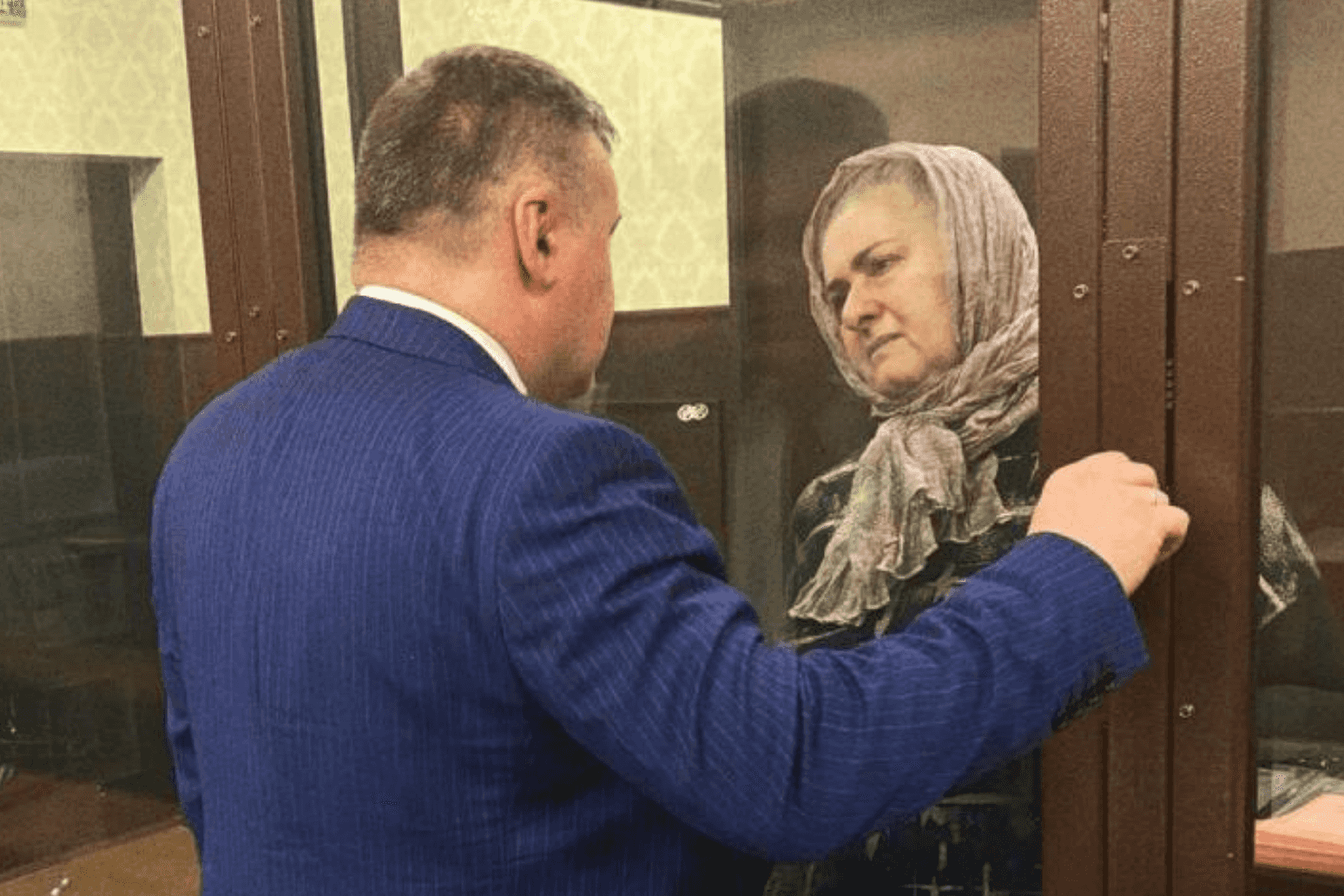
Germany’s Public Prosecutor General has stirred controversy in Georgia by referring to the Georgian government as ‘pro-Russian’ in an indictment of a Russian citizen over the killing of Zelimkhan Khangoshvili.
In an 18 June press release, Federal Public Prosecutor General Peter Frank said they had pressed charges against a Russian citizen named Vadim K over the murder of Khangoshvili, a Georgian national, in Berlin last year.
Khangoshvili, who participated in hostilities against the Russian government in Chechnya in 2001–2005, was gunned down in Berlin’s Kleiner Tiergarten Park in August 2019.
The German Prosecutor General identified the ‘state authorities of the central government of the Russian Federation’ as ordering the murder.
The Prosecutor General also suggested that Khangoshvili’s criticism of the Georgian government contributed to the decision by Russia to have him killed.
‘The background to the killing order was the victim’s opposition to the Russian central government, to the governments of its autonomous republics of Chechnya and Ingushetia, and to the pro-Russian government of Georgia’, their statement said.
After a wide array of Georgian opposition groups highlighted the description of the Georgian government as pro-Russian, the German embassy in Tbilisi released a statement appearing to contradict the Prosecutor General.
‘It was not the intention of the German judicial authorities to characterise the Georgian government in one way or another. Georgia is a reliable and important partner of EU and NATO’, the Embassy’s statement read.
German Ambassador to Georgia Hubert Knirsch later told reporters that the German Prosecutor’s Office ‘meant to cite the deceased’ who according to him, was explaining his ‘conflict with the so-called “pro-Russian government of Georgia” ’, as the reason for his stay in Germany.
OC Media has reached out to the German Public Prosecutor General for a comment.
Silvia Stoeber, a German journalist and an expert on the Caucasus region told OC Media that Khangoshvili previously had close ties with the Georgian Interior Ministry but that this did not last long after President Mikheil Saakashvili’s rule ended in 2013.
However, Stoeber added that ‘there is no indication that Khangoshvili’s critical attitude towards the Georgian government played any role in the motive for the assassination’.
Russia ‘ordering the murder’
According to the investigation, on 23 August 2019, a Russian citizen named Vadim K approached Khangoshvili from behind while he was on his way to a mosque in Berlin, shot him twice in the head and fled on his bicycle.
Last December, investigative outlet Belllingcat, Russia’s The Insider and German newspaper Der Spiegel identified ‘Vadim K’ as Vadim Krasikov, a 54-year-old Russian.
The journalistic investigation concluded in February that Krasikov’s criminal record was wiped and he was given a new identity, something that ‘could not have been done without the direct involvement of the Russian State’.
The German Prosecutor General said that the killer travelled from Moscow to Berlin through Paris and Warsaw, using a Schengen visa. His passport under the name of Vadim Sokolov was reportedly issued a month earlier.
Their press release said that he shot Zelimkhan Khangoshvili in his head twice with Glock 26 pistol equipped with a silencer. Vadim K was apprehended near the crime scene soon after.
In December 2019, Russian President Vladimir Putin denied Russia’s involvement in the murder but described Zelimkhan Khangoshvili as ‘a cruel and blood-thirsty person’. Putin also claimed he was one of the organisers of the Moscow Metro bombing in 2010.
In response to the murder, members of the Chechen diaspora in Europe and their supporters held several protest rallies in Germany, the Netherlands, and Sweden last summer.
Chechen refugees critical of the Russian and Chechen authorities have frequently been targetted in Europe. One of the latest examples was a failed assassination attempt on prominent Chechen vlogger Tumso Abdurakhmanov in Gavle, Sweden, in February.
Georgian government face criticism over inaction
The Georgian government have faced two waves of criticism over Zelimkhan Khangoshvili’s case.
Opposition groups have been critical of the Georgian Dream-led government for failing to be vocal enough in their criticism of the assassination of a Georgian national by the Russian authorities.
The criticism resurfaced with the latest announcement by German authorities confirming that the Russian government was behind Khangoshvili’s killing.
The ruling party also faced criticism for not ensuring the safety of Khangoshvili and his family while they resided in Georgia.
In May 2015, while sitting in his car in Tbilisi, Khangoshvili was attacked by an unidentified man who shot him eight times and fled. Khangoshvili was wounded but managed to get himself to a hospital where he was operated on.
Georgian law enforcement agencies failed to identify his attacker, prompting criticism from Tbilisi-based rights group the Human Rights Education and Monitoring Centre (EMC).
‘Looking at the investigation dynamics, it becomes clear that the prosecution was not willing to effectively investigate the case as it delayed important steps for investigation and demonstrated sheer negligence’, EMC wrote in 2019.
CCTV footage was not acquired in a timely manner which made it impossible to identify the perpetrators, as expert examination was carried out only three years after the incident, said EMC, adding that despite a high probability that Khangoshvili and his family were in danger, Georgian law enforcement officials refused to provide them with protection.
Citing the Georgian government’s silence over Khangoshvili’s murder and Russia’s role in it, on 19 June, EMC criticised the authorities again for their ‘indifference to the life of their citizen’.
‘When the investigation into the attack on Khangoshvili in Tbilisi in 2015 came to nothing, the accusation was made that this was due to pressure from Moscow or that the Georgian government was acting in Moscow’s interests’, Silvia Stoeber told OC Media.
Who was Zelimkhan Khangoshvili
Khangoshvili, also known as Tornike Kavtarashvili, was a Georgian Kist, a Chechen subethnos from Georgia’s Pankisi Valley.
Khangoshvili fought against Russian forces following the Second Chechen War as part of the Caucasus Emirate, designated a terrorist group by Russia.
Khangoshvili also led a volunteer unit formed to fight in the 2008 August War on the Georgian side.
Khangoshvili gained public attention in Georgia in 2012 during special operation in Lapankuri, where he aided Georgian police in negotiations with armed militants.
The special operation, known as the Lapankuri operation, was dubbed by then-President Mikheil Saakashvili as a North Caucasian military group’s ‘attempt to provoke’ and ‘test Georgia’s military readiness’.
However, a year later. the Georgian Public Defender said that the militant group did not cross from the North Caucasus but had been formed by Georgia’s Interior Ministry. According to the report, the death toll was also misreported and not 11 but 7 people had died.
Due to his military past, he claimed to be in danger of targeted attack by Russian special services.
He had sought political asylum in Germany since late 2016 and according to German media, faced the possibility of being denied it at the time he was murdered.









